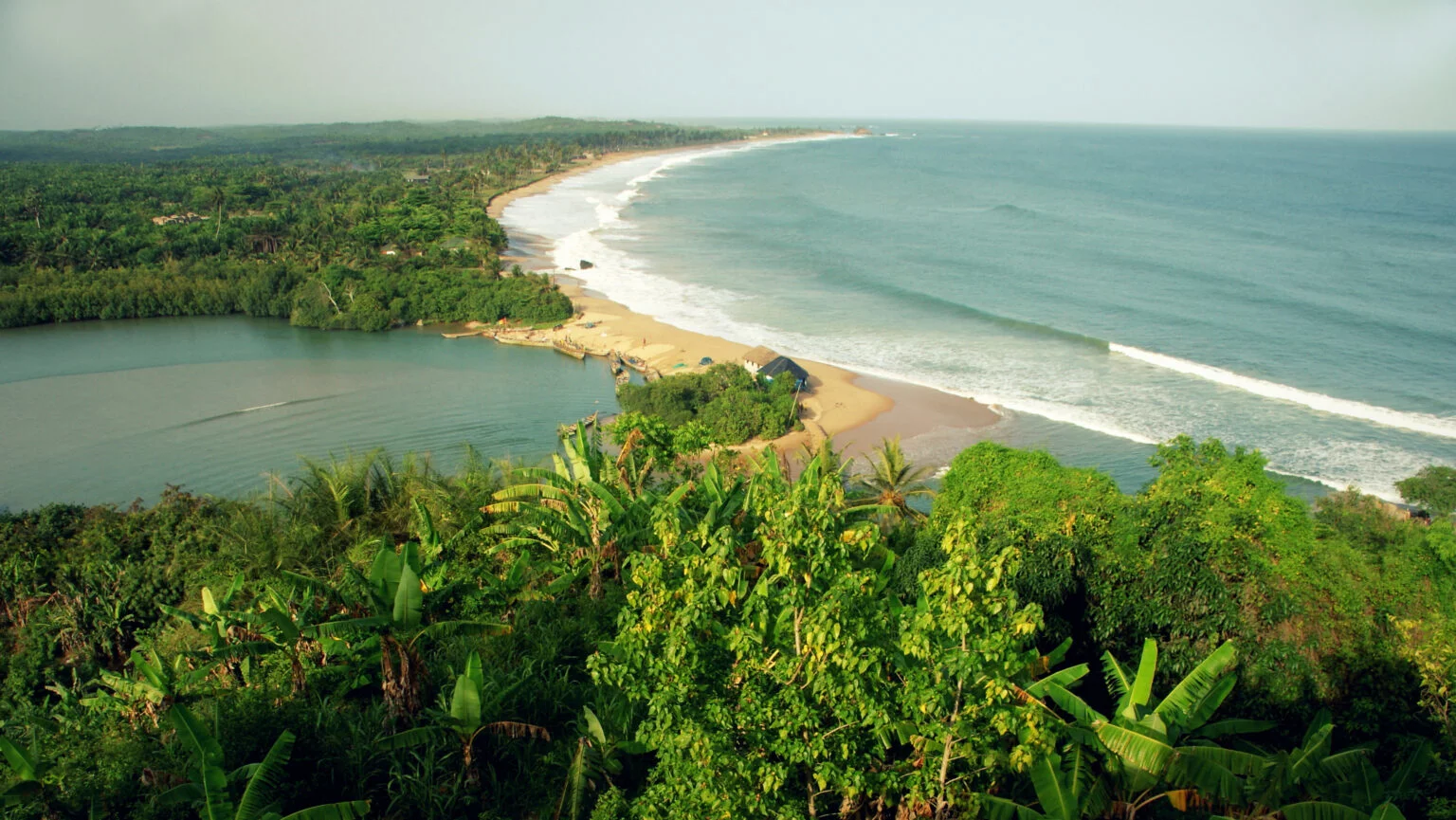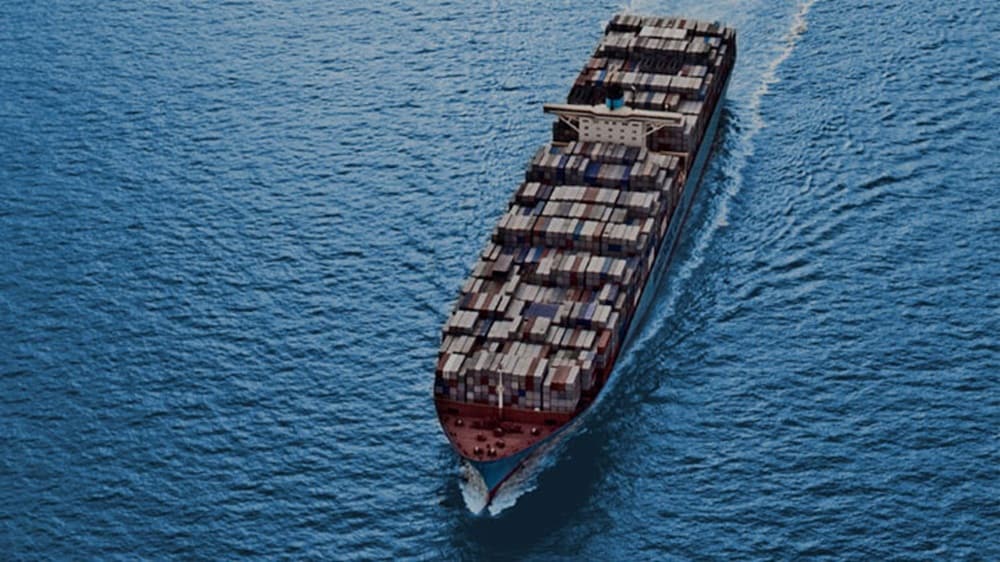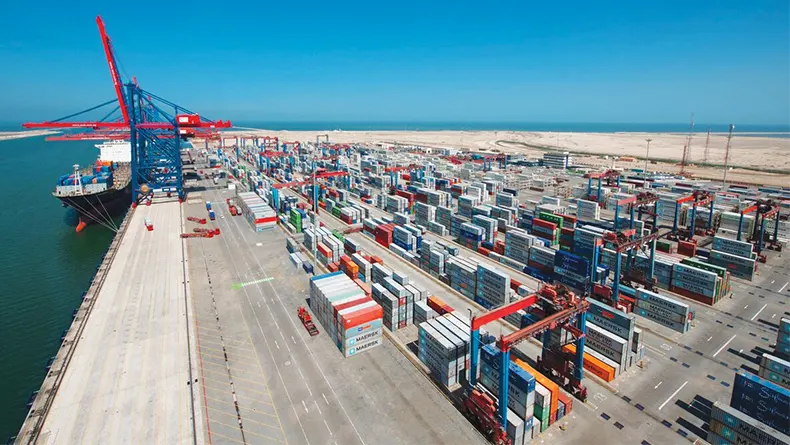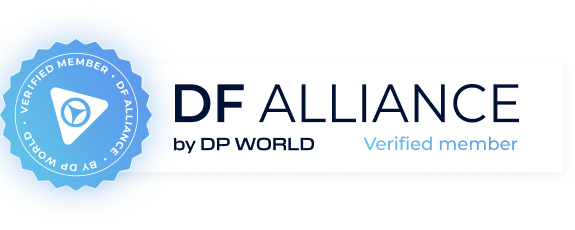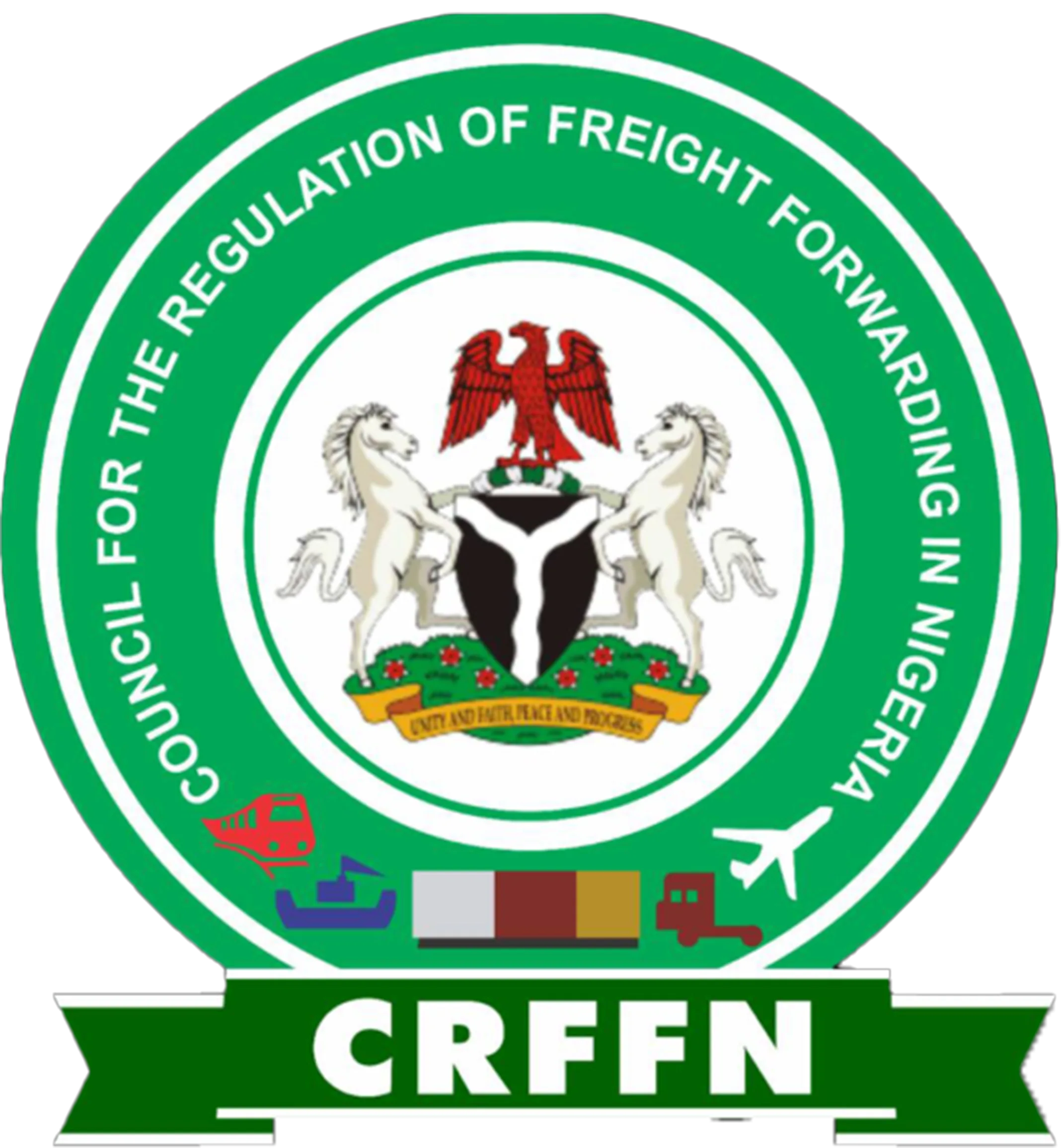Connecting Madagascar across Africa and beyond
Limark’s deep-rooted presence in Madagascar offers unparalleled support to businesses navigating the island’s distinct trade dynamics. Our comprehensive understanding of the Indian Ocean’s logistics network ensures the efficient movement of goods, seamlessly connecting Madagascar’s resources to regional and global markets.
With a robust network spanning over 40 African countries, Limark is strategically positioned to optimize your Madagascar shipments. Whether you’re exporting Madagascar’s rich agricultural products, minerals, or textiles, or importing essential machinery and consumer goods, we provide tailored solutions to enhance your supply chain’s efficiency and reliability.

Import regulations
Importing goods to Madagascar requires navigating specific procedures and documentation. Here’s a breakdown of the essential requirements:
Product categories requiring import licenses/permits
Food and Agricultural Products
- All food and agricultural imports require a phytosanitary certificate from the Ministry of Agriculture, Livestock and Fisheries (MAEP)
- Specific products like meat, dairy, and plants may require additional permits or certificates
- Strict adherence to sanitary and phytosanitary standards is essential
Pharmaceuticals and Medical Devices
- The importation of pharmaceuticals and medical devices is regulated by the Ministry of Public Health (MSP)
- A marketing authorization (AMM) is required for all medicines
- Medical devices must comply with relevant technical standards and regulations
Chemicals and Hazardous Materials
- The Ministry of Environment and Sustainable Development (MEDD) oversees the import of chemicals and hazardous materials
- Permits are required, and detailed safety data sheets must be submitted.
- Proper packaging, labeling, and handling procedures are crucial
Wildlife and Wildlife Products
- The Ministry of Environment and Sustainable Development (MEDD) regulates the import of wildlife and wildlife products.
- CITES permits are required for species listed under the Convention on International Trade in Endangered Species.
- Strict adherence to conservation regulations is essential.
Cultural and Historical Artifacts
- The Ministry of Culture and Communication (MCC) regulates the import of cultural and historical artifacts.
- Permits are required, and items may be subject to inspection and valuation.
Other Regulated Products
- Other products that may require import licenses or permits include vehicles, firearms, explosives, and radio communication equipment.
- Consult the relevant ministries or agencies for specific requirements.
Prohibited and restricted imports
Prohibited
- Narcotic drugs and psychotropic substances
- Pornographic and obscene materials
- Counterfeit and pirated goods
- Hazardous waste
- Toxic chemicals not approved by the MEDD
- Weapons and ammunition (unless authorized by the Ministry of Defense)
Restricted
- Live animals and animal products (require health certificates)
- Plants and plant products (require phytosanitary certificates)
- Used clothing and footwear (except for personal effects)
- Certain types of plastic bags and packaging materials
- Right-hand drive vehicles
Relevant agencies
- Madagascar Customs
- Ministry of Finance and Budget (MFB)
- Ministry of Agriculture, Livestock and Fisheries (MAEP)
- Ministry of Public Health (MSP)
- Ministry of Environment and Sustainable Development (MEDD)
- Ministry of Culture and Communication (MCC)
- Ministry of Defense
- Ministry of Industry, Trade and Handicrafts (MICAH)
- Agency for the Safety of Air Navigation in Africa and Madagascar (ASECNA)
Free Time
Varies depending on the shipping line and port, typically ranging from 3 to 7 days after the container is discharged.
Extended free time may be granted for specific commodities or under certain circumstances.
Demurrage charges
- Applied when the free time is exceeded
- Calculated per container, per day
- Rates vary depending on the shipping line and container size
- Can escalate significantly if not addressed promptly
Detention charges
- Applied when the container is held beyond the agreed-upon time for return to the shipping line
- Separate from demurrage charges
- Rates vary depending on the shipping line and container size
Storage Limitations
- Port terminals have limited storage capacity
- Containers not cleared within a certain time may be moved to an off-dock depot at the importer’s expense
Applicable fees
Demurrage, detention, and storage fees are outlined in the shipping line’s tariff or the port’s regulations.
Commercial Invoice
- Detailed description of goods (including HS codes)
- Quantity, weight, and value of goods
- Incoterms (International Commercial Terms)
- Payment terms
- Consignee and consignor details
Packing List
- Detailed list of all items in each package
- Description, quantity, weight, and dimensions of each item
- Package markings
Bill of Lading/Airway Bill
- Evidence of the contract of carriage between the shipper and carrier
- Details of the shipment, including the consignee, consignor, and port of loading/discharge
Certificate of Origin
- Declares the origin of the goods
- May be required for preferential tariff treatment under trade agreements (e.g., SADC, COMESA)
Import Declaration Form (IDF)
- Submitted electronically through the MICTS (Madagascar International Container Terminal Services) system.
- Requires detailed information about the shipment and importer.
Import License/Permit (for regulated goods)
- Issued by the relevant government agency
- Required for specific products like food, pharmaceuticals, chemicals, wildlife, and cultural artifacts.
Bordereau de Suivi des Cargaisons (BSC)
- Cargo tracking note mandatory for all shipments
- Obtained online before shipment arrival.
Other Certificates
- Phytosanitary certificate (for plants and plant products)
- Health certificate (for animals and animal products)
- Analysis certificate (for certain chemicals and food products)
- CITES permit (for endangered species)
Import Licenses and permits
-
Identify the Regulating Agency:
- Determine the relevant ministry or agency responsible for your goods based on the product category.
-
Gather Required Documents:
- Proforma invoice
- Technical specifications and data sheets (if applicable)
- Certificates of origin, analysis, etc.
- Other supporting documents (e.g., business registration, tax clearance)
-
Submit Application:
- Complete the import permit application form.
- Submit the application along with required documents and fees to the relevant agency.
-
Processing and Approval:
- The application will be reviewed, and if approved, the import permit/license will be issued.
-
Validity and Renewal:
- Permits and licenses typically have a validity period ranging from a few months to several years.
- Renewal procedures vary depending on the type of permit.
Customs clearance procedures
-
Pre-Arrival Notification:
- The importer or their agent must submit a pre-arrival notification through the MICTS system before the shipment arrives in Madagascar.
-
Arrival and Unloading:
- The vessel or aircraft arrives at the port or airport.
- The cargo is unloaded and stored at the terminal or depot.
-
Document Lodgement:
- The importer or their agent submits the required documents (IDF, commercial invoice, packing list, bill of lading, etc.) to Madagascar Customs.
-
Assessment and Payment:
- Customs assesses the import duties, taxes, and fees based on the HS code, value, and origin of the goods.
- The importer or their agent pays the assessed amount.
-
Inspection (if required):
- Customs may select shipments for inspection based on risk assessment.
- Inspections can be documentary, physical, or involve sampling and testing.
-
Release of Goods:
- If the shipment complies with all regulations and requirements, and duties/taxes are paid, customs releases the goods for delivery to the importer.
Port/Terminal operations
Major Seaports
- Toamasina (Tamatave): The largest port, handling most containerized cargo.
- Mahajanga: A smaller port on the northwest coast.
- Toliara (Tulear): A port on the southwest coast.
Air Cargo Hub
- Ivato International Airport (TNR) in Antananarivo: The primary airport for air cargo imports.
Cut-off Dates
- Vary depending on the shipping line and port of destination
- Confirm with your shipping agent or freight forwarder well in advance
Documentation Requirements
- Ensure all required documents are in order before the shipment’s arrival to avoid delays
- Submit the BSC and pre-arrival notification through the MICTS system
Container Pickup/Drop-off
- Coordinate with your shipping agent or freight forwarder for container pickup and drop-off procedures.
- Be aware of free time limitations and potential demurrage/detention charges.
Disclaimer: This information is based on the latest available data and may be subject to change. Always consult with relevant authorities and experts for the most up-to-date and accurate information.
Export regulations
Get a detailed guide that provides an in-depth look into every aspect of the export process to ensure your goods are shipped efficiently and in compliance with all legal standards.
Product categories requiring export licenses/permits
- Precious and semi-precious stones: Madagascar is known for its precious and semi-precious stones like sapphires, rubies, and emeralds. Exporting these requires a permit from the Ministry of Mines and Strategic Resources.
- Vanilla: Vanilla is a major export crop, and its export is regulated by the Ministry of Industry, Trade, and Handicrafts. A permit is required, and exporters must adhere to quality standards.
- Coffee: Coffee exports are also subject to regulations and require a permit from the Ministry of Industry, Trade, and Handicrafts.
- Wildlife and Wildlife Products: The export of wildlife and wildlife products, including live animals, plants, and their derivatives, is strictly regulated by the Ministry of Environment and Sustainable Development. CITES permits are required for endangered species.
- Wood and Wood Products: Exporting wood and wood products is regulated to ensure sustainable forestry practices. A permit is required from the Ministry of Environment and Sustainable Development.
- Minerals and Metals: Exporting minerals and metals, such as nickel, cobalt, and ilmenite, requires permits from the Ministry of Mines and Strategic Resources.
- Other Regulated Products: Other products that may require export licenses or permits include pharmaceuticals, medical devices, and cultural artifacts. Consult the relevant ministries or agencies for specific requirements.
Prohibited or restricted for export
- Endangered species: The export of endangered species and their products is strictly prohibited, except for scientific or conservation purposes with a CITES permit.
- Protected flora and fauna: Madagascar have a unique biodiversity, and many plant and animal species are protected. Exporting these species or their products without authorization is illegal.
- Cultural and Historical Artifacts: The export of cultural and historical artifacts is prohibited unless authorized by the Ministry of Culture and Communication.
- Strategic Minerals: The export of certain strategic minerals, such as uranium and thorium, may be restricted or prohibited due to national security concerns.
- Other Prohibited Items: Other prohibited items include weapons, explosives, and narcotics.
Required documents
- Commercial Invoice: Detailed description of goods (including HS codes), quantity, weight, value, Incoterms, payment terms, and consignee/consignor details.
- Packing List: Detailed list of all items in each package, including description, quantity, weight, dimensions, and package markings.
- Bill of Lading/Airway Bill: Evidence of the contract of carriage between the shipper and carrier, including details of the shipment, consignee, consignor, and port of loading/discharge.
- Certificate of Origin: Declares the origin of the goods and may be required for preferential tariff treatment under trade agreements (e.g., SADC, COMESA).
- Export License/Permit: Mandatory for regulated goods and issued by the relevant government agency.
- Exit Summary Declaration (EXS): Electronic declaration submitted through the GUCE (Gestion Unique des Opérations du Commerce Extérieur) platform, which serves as a single window for export procedures.
Export Declaration Process
- The exporter or their customs broker submits an export declaration (EXS) through the GUCE platform.
- Customs verifies the declaration and supporting documents.
- If approved, customs issues an export permit.
- The exporter can proceed with the shipment.
Required Export Certificates
- Phytosanitary Certificate (for plants and plant products): Issued by the Ministry of Agriculture, Livestock and Fisheries.
- Health Certificate (for live animals and animal products): Issued by the Ministry of Agriculture, Livestock and Fisheries.
- Certificate of Analysis (for certain products): Issued by an accredited laboratory
- CITES Permit (for endangered species): Issued by the Ministry of Environment and Sustainable Development.
- Other Certificates: Additional certificates may be required depending on the type of goods and destination country.
Major Ports
- Toamasina (Tamatave): The largest port, handling most containerized and bulk cargo
- Mahajanga: A smaller port on the northwest coast
- Toliara (Tulear): A port on the southwest coast
Cut-off Times and Procedures
- Vary depending on the shipping line and port of destination
- Exporters should confirm cut-off times with their shipping agent or freight forwarder well in advance
- Procedures may include document submission, customs clearance, and container loading
Container Storage
- Limited container storage is available at port terminals.
- For longer storage periods, containers may need to be moved to off-dock depots.
- Free time for container storage varies depending on the port and shipping line.
Returning Empty Containers
- Exporters are responsible for returning empty containers to the shipping line or designated depot.
- Failure to return containers on time may result in detention charges.
Duties, taxes, and fees
- Export duties: Generally, Madagascar does not impose export duties on most goods. However, certain products may be subject to specific export taxes or levies.
- Other Fees: Various other fees may apply, such as customs processing fees, documentation fees, terminal handling charges, and storage fees.
Disclaimer: This information is based on the latest available data and may be subject to change. Always consult with relevant authorities and experts for the most up-to-date and accurate information.

Expertise You Can Trust
Seamless cross-border shipping to and from Madagascar
Limark, a proven leader in African logistics with extensive experience managing cross-border shipments across the continent, understands these complexities. We navigate intricate trade regulations and prioritize operational efficiency, ensuring your cargo moves seamlessly throughout Madagascar and beyond.
Whether you’re shipping vanilla, cloves, or other valuable commodities, our tailored solutions simplify your supply chain. From customs clearance and documentation to warehousing and distribution, our expert team handles every aspect with precision and care. Partner with us to leverage our global experience.
Get Expert Guidance
Contact our regional experts
Partner with experienced freight forwarders and customs brokers for seamless shipping to and from Madagascar. Ensure full documentation compliance with the guidance and logistics services of our team.
Sales enquiries
We’re happy to talk to you about your shipment needs anytime. Please get in touch with us.
Ready to ship?
Get your shipment moving faster. Request a quote today for our end-to-end supply chain services.
Other African Countries
